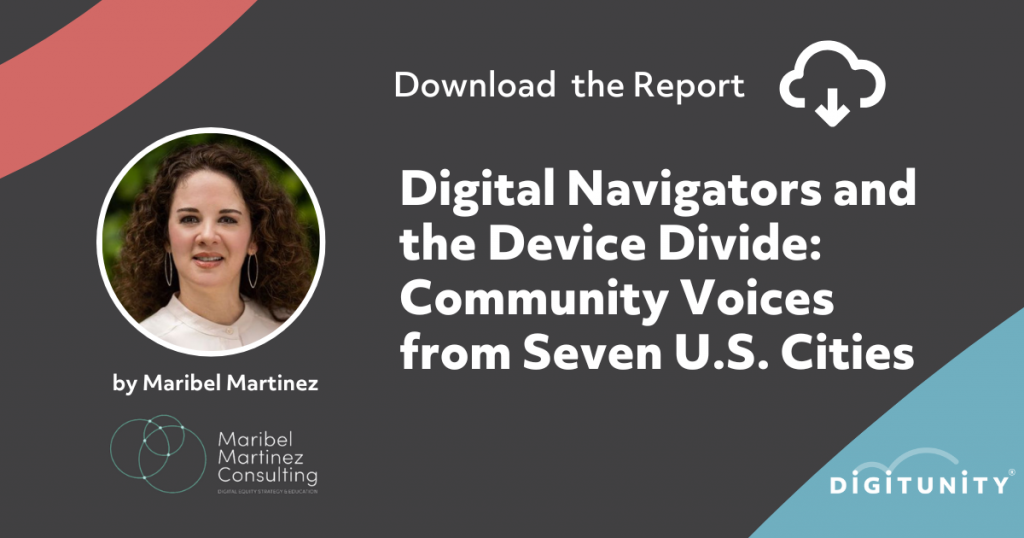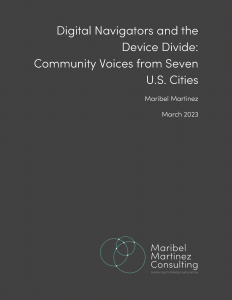
How can government policy handle digital inequalities?
Digital Navigators are playing a crucial role in the post-pandemic landscape in the United States, where there is growing interest in bridging the digital divide. They support their communities by participating in activities such as digital navigation training—specialized skills training focused on strategies that help individuals access affordable home broadband, obtain large-screen computers like laptops and tablets, and develop both foundational and advanced digital skills. These efforts enable more people to fully engage in today’s connected world.
The demand for computers and tablets became even more urgent with the onset of the COVID-19 pandemic. The crisis highlighted the essential need for large-screen devices, along with the digital skills necessary for individuals of all ages to work, learn, access healthcare, and secure other essential services.
This small-scale qualitative research study explores the experiences of Digital Navigators in their efforts to help people with limited resources acquire computers. It examines the challenges they face in securing affordable large-screen devices and provides insights on how to improve the overall process of making technology more accessible.
Fill out the form below to receive a complimentary copy of the full report.
Download the Digital Inequalities, E-Waste, & Right-to-Repair Report


